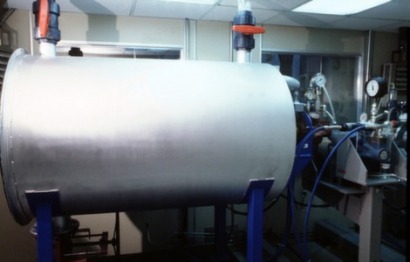
The addition of even a small quantity of fruit and vegetable by-products into the AD process has previously meant operators having to apply for expensive permits and implement the same waste handling controls as a commercial food waste AD plant. However, the regulations have now been changed following sustained campaigning on this issue from the Renewable Energy Association (REA), including a letter sent to the previous Environment Secretary, Owen Patterson, in June 2014.
“It is very encouraging to see that the Environment Agency has issued a briefing note to differentiate crop residues from food waste” said Vidyanath Gururajan, Innovations Director at Branston Ltd, one of the companies set to benefit from the regulation change. “This is definitely a step in the right direction for encouraging the fresh produce industry to use AD technology to reduce its carbon emissions. I sincerely thank the REA for taking up this subject and seeing it through with Environment Agency. We look forward to seeing this guidance implemented consistently across the UK.”
The REA’s Technical Director, Jeremy Jacobs, added that the regulatory boost will be great news for several on-site and on-farm AD projects that had been hanging in the balance. However, the sector is still being stifled by structural problems with the Feed-in Tariff, which disproportionately affects smaller players in the market. The REA is therefore inviting all political parties to commit to a genuine and lasting solution to the FIT problem when it is reviewed in 2015. According to the REA, this will unlock the full potential of AD for creating green jobs and growth in the rural economy as well as producing sustainable fertiliser, green gas and electricity, thereby reducing fuel bills.
For additional information:

